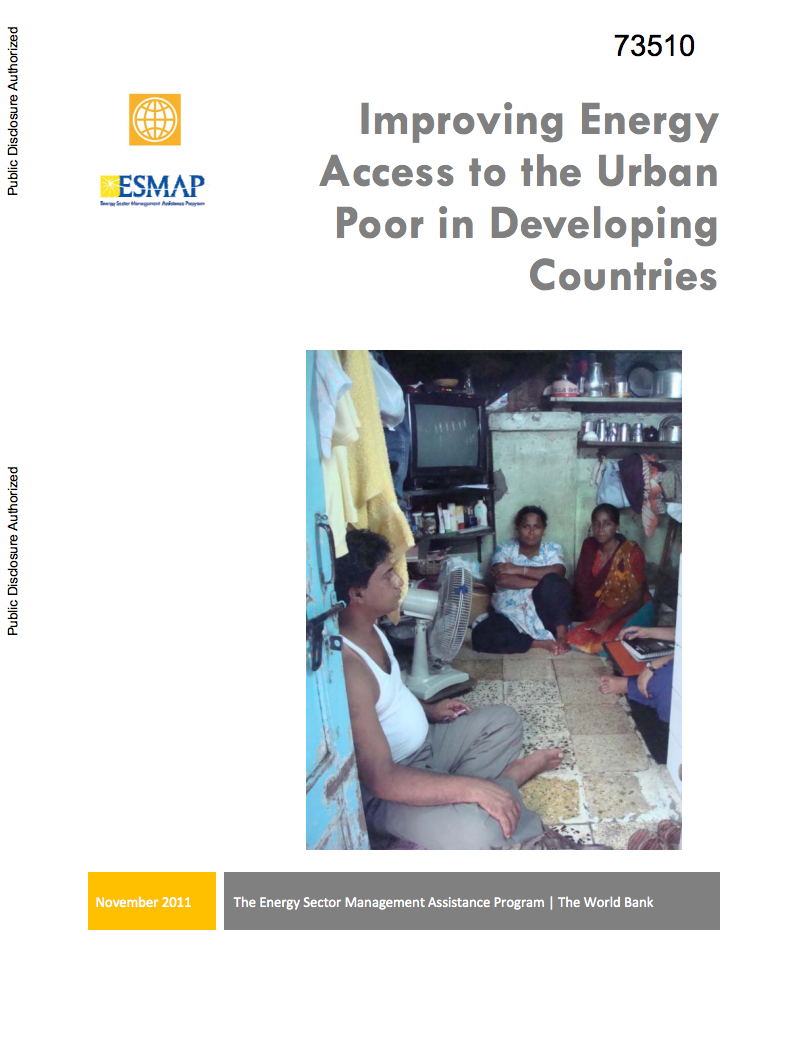Forced Displacement of and Potential Solutions for IDPs and Refugees in the Sahel : Burkina Faso, Chad, Mali, Mauritania and Niger
The Sahel region has seen the forcible
displacement of more than million persons as a result of
conflict. Tackling displacement in the Sahel is critical for
both poverty alleviation and stabilization, and only a
development response will be adequate to the task. A
development response to forced displacement in the Sahel
requires a regional approach. Such an approach would have
the benefits of being able to overcome challenges relating


